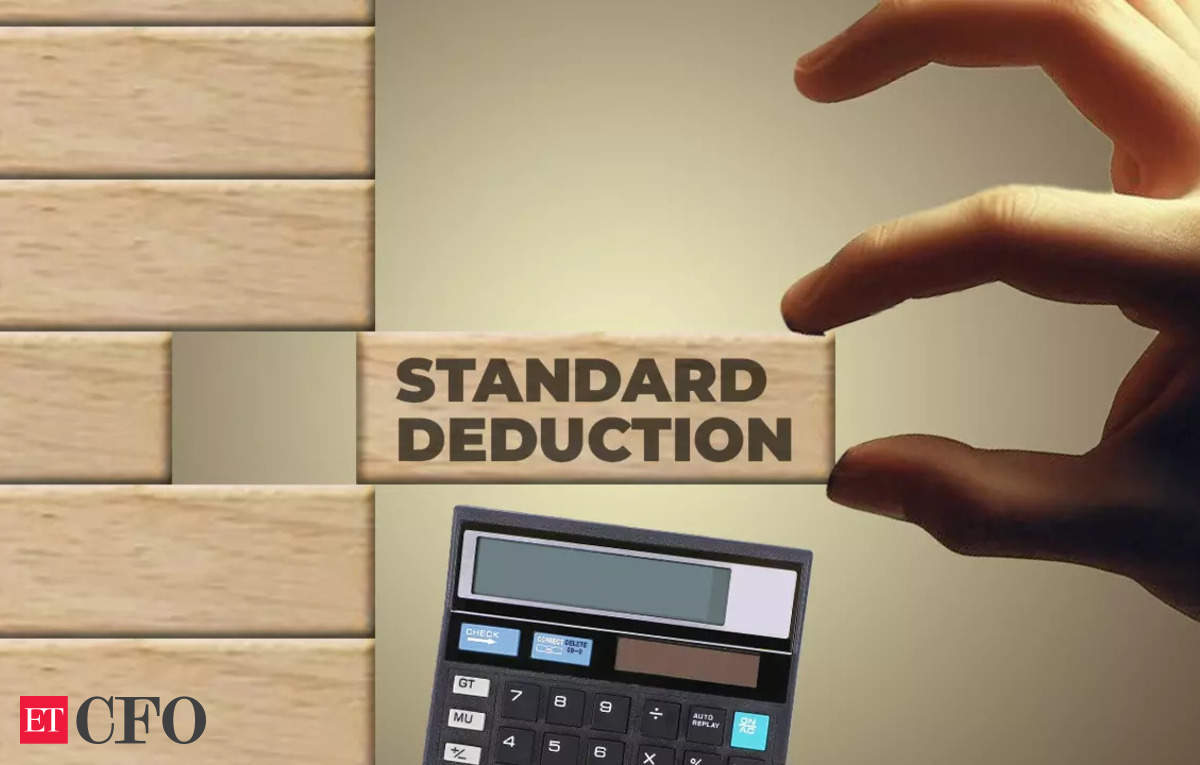Even though 31 July is the last date to file income tax returns, several people have the misconception that filing of ITR is not necessary if their income is below Rs 5 lakh, since they don’t have to pay any tax.
However, that is not the case. They don’t have to pay tax if their income is below Rs 5 lakh because they get a rebate of Rs 12,500 under section 87A, not because their income is exempt till Rs 5 lakh. The real exemption limit is only Rs 2.5 lakh.
What is a NIL return?
A Nil ITR refers to an income tax return where there is no tax liability on the taxpayer. It can occur when an individual’s income is below the basic exemption limit or when the net total income falls below the basic threshold exemption limit after claiming deductions and exemptions.
“When the income of an individual taxpayer is below Rs 2.5 lakh in a financial year, the tax liability is zero; thus, such individuals do not have to pay any income tax. Such individuals do not have to file an income tax return as they do not fall in the tax bracket. But if they file ITRs even when their income is below Rs 2.5 lakh, it is termed ‘Nil Return’. Although it is not mandatory to file nil returns, there are many benefits to filing nil returns,”
The NIL return is filed to show the Income Tax Department that you fall below the taxable income and therefore did not pay taxes during the year. A nil return is an ITR filed specifically to declare to the Income Tax department that no taxes have been paid in the respective financial year.
When should you file a NIL return?
Proof of income: Even if the income is below the taxable limit, a NIL ITR serves as proof of income. It can be helpful when applying for loans, visas, or other financial transactions that require income verification.
Eligibility for filing a Nil ITR is primarily based on the taxpayer’s income falling below the tax liability threshold
The benefits of filing a Nil ITR include
Easier Loan Approvals
Income tax returns serve as authenticated income proof, making it easier to obtain loans from lending institutions. “Submitting ITR documents can help establish creditworthiness, which is an important factor in the loan approval process,”
Scholarship Applications
Some scholarships may require students to submit income tax return proofs. “Even if the income is below the basic exemption, filing ITR can support the scholarship application process,”
Refund of TDS
Visa process
Filing of NIL returns help you with visa or credit card applications as it becomes a proof of your income
Carry forward of losses: “By filing a NIL ITR, individuals can carry forward capital losses, business losses, or any other losses incurred during the financial year. These losses can be set off against future taxable income, reducing the tax liability in subsequent years,”
Claiming tax refunds: In certain cases, individuals may have paid taxes deducted at source (TDS) or self-assessed tax, even if they fall under the NIL income category. By filing a NIL ITR, individuals can claim a refund of the excess tax paid.
“Filing a Nil ITR is beneficial as it establishes a record of income for a particular financial year, even if it is not chargeable to income tax. This record can provide peace of mind and support various financial transactions and applications,”
Practical Course at:











